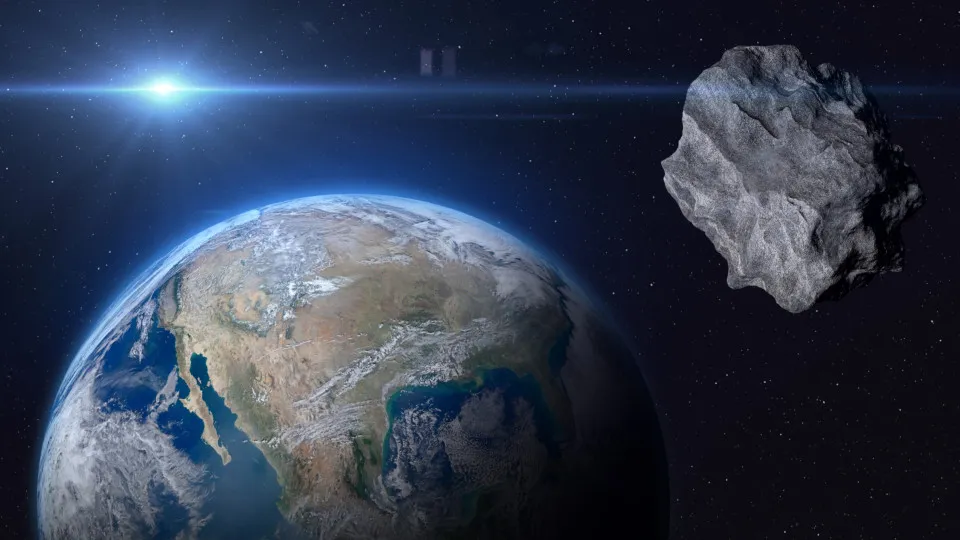Astronomers have discovered a tiny asteroid, named 2025 PN7, that has been following our planet in a synchronized orbit around the sun, behaving like a second moon.
Spotted on August 2, 2025, by the Pan-STARRS telescope in Hawaii, the 50-to-100-foot-wide (15-to-30-meter-wide) space rock has actually been looping near Earth for about 60 years, scientists say, and is expected to remain until 2083.
Unlike our true moon, 2025 PN7 doesn’t orbit Earth directly. Instead, it’s classified as a quasi-moon: a space rock that keeps pace with Earth’s path around the sun in a rare, horseshoe-shaped orbit.
Researchers from the Research Notes of the American Astronomical Society say its synchronized motion provides valuable insight into how small asteroids can temporarily “tag along” with our planet.
There are, in fact, hundreds of moons in our solar system, in many shapes, sizes, and types. And some truly stand out for their amazing landscapes, orbits, and environments. Intrigued? Click through and head into space for a fascinating moonshot gallery of mysterious natural satellites.



